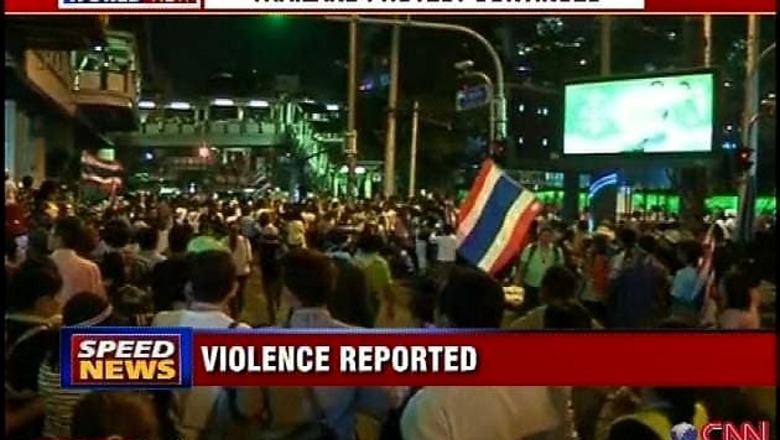
views
Bangkok: Anti-government protesters were on the march again in the Thai capital on Thursday, targeting government offices they have not previous interfered with to keep up pressure on the prime minister to resign and call off next month's election. The marches appeared to be a way to maintain momentum amid a decline in the number of protesters who have blocked key intersections in Bangkok for four days now in attempt to shut down the government of Prime Minister Yingluck Shinawatra.
Their numbers could swell again this weekend. Yinglucks' opponents, mostly from the urban middle and upper class, claim she is carrying on the practices of her billionaire brother by using the family fortune and state funds to influence voters and cement its grip on power. But she has widespread support among Thailand's poor majority in the countryside because of the populist policies carried out by her brother, former Prime Minister Thaksin Shinawatra, who lives in self-imposed exile to avoid being imprisoned on a corruption conviction.
Protest leader Suthep Thaugsuban on Wednesday night urged followers to march to offices of the Revenue Department, noting that other government agencies had already been forced by the protesters' sieges to move to temporary premises or allow employees to work at home. The demonstrators also targeted the Public Health Ministry and Public Works Department. Another group led by a Buddhist monk claimed to be headed to the office of the Department of Special Investigation, Thailand's FBI. The protests this week have been mostly peaceful, although there have been random acts of violence including gunshots in the middle of the night at protest venues.
Overnight, a small explosive device was hurled into the residence of protest leader Issara Somchai Issara, damaging part of a motorcycle in the garage, according to Police Col. Pong Sangmurin. Since the latest wave protests started in November, eight people have been killed and more than 450 have been injured.
Despite pressure from the protesters, Yingluck said Wednesday that the Feb. 2 parliamentary election will go ahead. She had dissolved parliament and called the early vote to defuse tension that has been building over the past three months. But her opponents don't want an election because they know that her rural supporters would almost certainly give her victory. Instead, they are calling for an unelected "people's council" to replace the government and amend laws to fight corruption in politics. Yingluck told reporters after a meeting with members of her Cabinet, registered candidates and a top electoral official that there was no legal way for the Election Commission to delay it.
"The rights of the people are important," said Yingluck. She also had offered to meet with rivals on Wednesday to discuss an Election Commission proposal to delay the February 2 vote. But protest leader Suthep and the opposition Democrat Party refused to take part, saying reforms to get rid of corruption in politics must happen first. While the road blockages created traffic disruptions, life continued normally in most of Bangkok, a bustling city of 12 million.
Thailand has been wracked by repeated bouts of unrest since the military ousted Thaksin in 2006 amid charges of corruption and alleged disrespect for the monarchy. The crisis boiled over again late last year after a failed ruling party bid to push through an amnesty bill that would have allowed Thaksin to return from exile. The country's army chief has pointedly refused to rule out a military takeover - always a possibility in a country that has suffered 11 coups since the end of absolute monarchy in 1932.











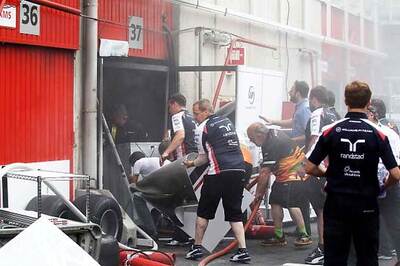
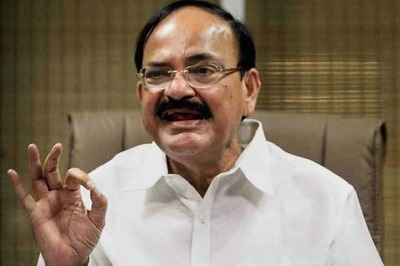

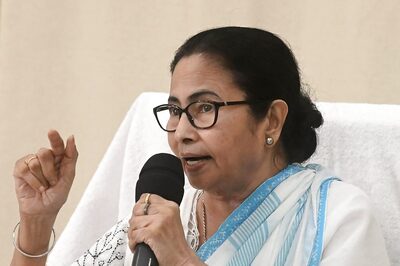



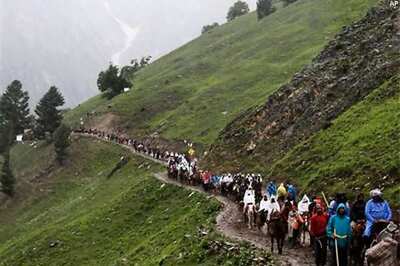
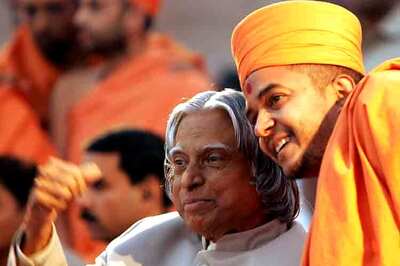
Comments
0 comment